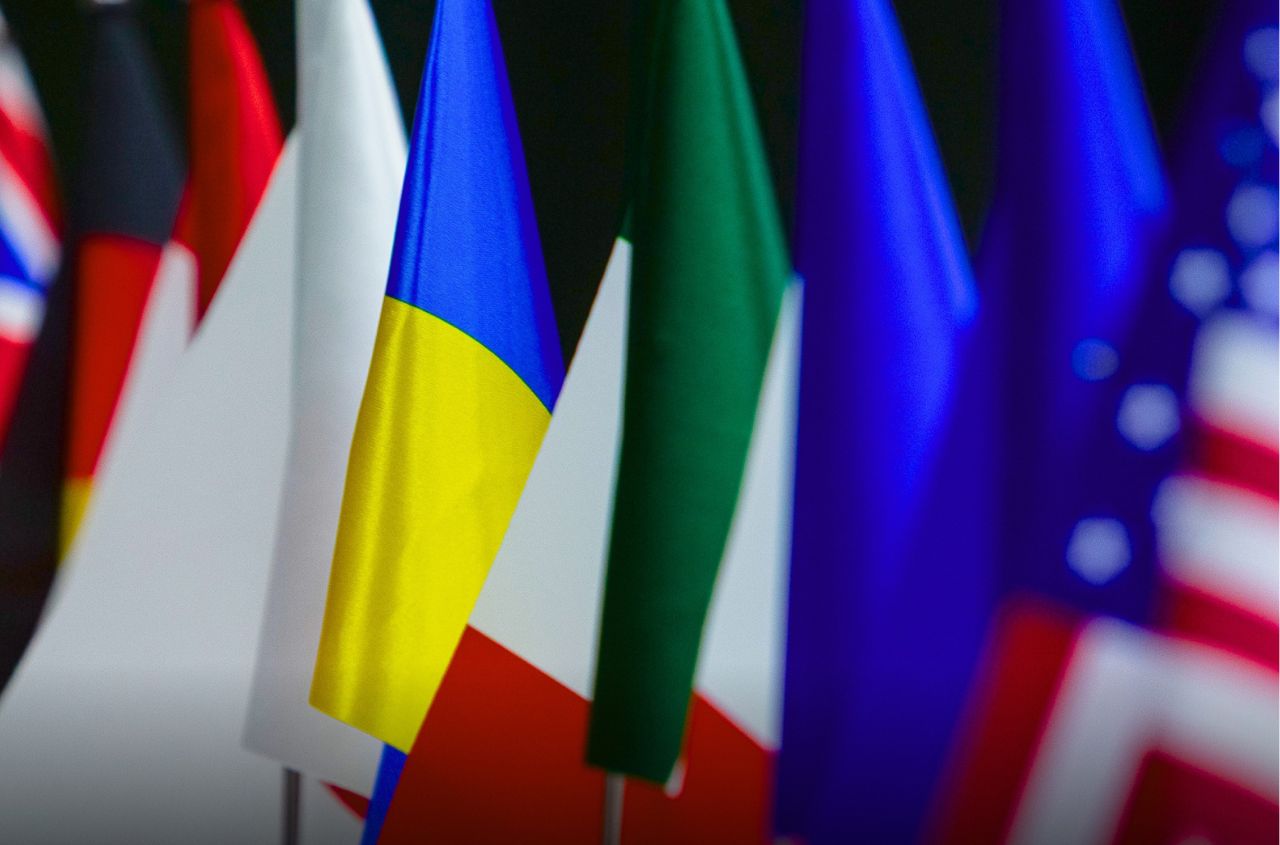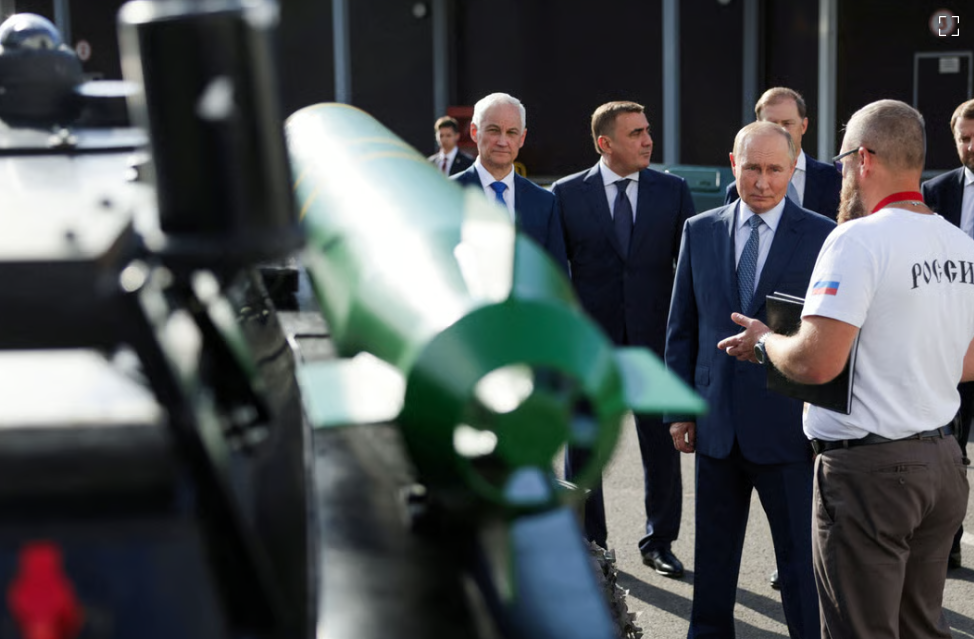Since 2024, Ukraine has signed a series of bilateral security cooperation agreements with international partners.
As of November 2025, Ukraine has concluded 28 such agreements, which provide for cooperation in defense and long-term support. The agreements were signed by the President of Ukraine, Volodymyr Zelenskyy.
These documents are aimed at strengthening and deepening Ukraine’s bilateral cooperation with partner countries and lay the groundwork for joint action within multilateral mechanisms.
They are a logical continuation of the G7 Declaration on Security Guarantees, adopted at the 2023 NATO Vilnius Summit, and establish the foundation for a new security architecture for Ukraine.
The agreements enshrine long-term commitments by partners to support Ukraine’s defense capability, restore its military-industrial complex, and develop joint defense projects.
Countries with which Ukraine has signed security agreements:
- United Kingdom
- Germany
- France
- Denmark
- Canada
- Italy
- Netherlands
- Finland
- Latvia
- Spain
- Belgium
- Portugal
- Sweden
- Iceland
- Norway
- Japan
- United States
- Estonia
- Lithuania
- Poland
- Luxembourg
- Romania
- Czechia
- Slovenia
- Ireland
- Greece
- Albania
In addition to these countries, a security agreement has also been signed with the European Union, which comprises 27 member states.
The agreements define priority areas of bilateral security cooperation—military, political, financial, and humanitarian.
Most agreements involve the development of joint defense capabilities, training and education of military personnel, cooperation in science, intelligence, cyber defense, infrastructure, and humanitarian matters.
All signed security agreements have a ten-year term. They include provisions for urgent consultations in the event of new aggression by Russia, support for Ukraine’s reform path toward EU and NATO accession, and assistance in restoring defense-industrial capacity.
Special attention is given to strengthening critical infrastructure protection systems, developing research programs, and joint production of weapons.
The agreement with the European Union sets a strategic goal: supporting the reform of Ukraine’s security sector, integrating Ukraine into the European defense space, and coordinating actions on sanctions policy and reconstruction.
The most important arrangements under the security agreements remain confidential—they are aimed at increasing Ukraine’s defense capacity and jointly implementing strategic defense projects.
Taken together, these agreements form the foundation of a new collective security system in Europe, designed to prevent the recurrence of aggression and ensure stability for decades to come.




















